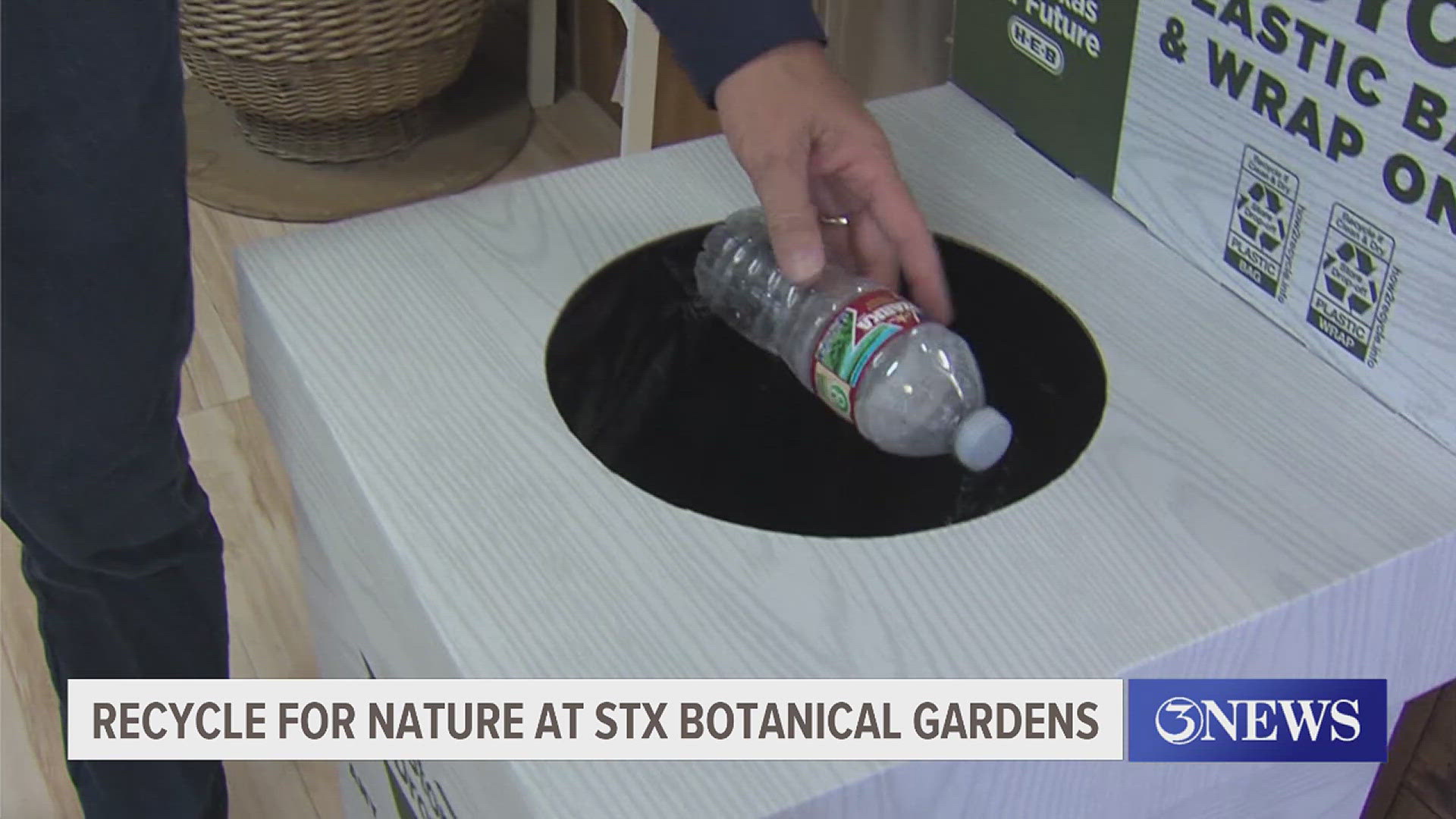AUSTIN, Texas — With election season underway, you're probably getting a lot of calls and texts from political campaigns. In fact, during the 2020 election cycle, Americans got more than 13 billion political text messages.
But if you're on the federal "Do Not Call" list, why can campaigns still reach out to you?
Under Federal Communications Commission (FCC) rules, campaigns are exempt from the requirements of the "Do Not Call" registry. But they do have to follow other rules for how to contact you.
Campaigns aren't allowed to use auto-dialed or pre-recorded calls to ping your cellphone or other mobile device without your consent. Political texts sent through robo-dialers also need your consent – but messages sent manually can be sent without prior consent.
That combination of factors is part of why you might get a lot of messages from different numbers.
Also, under FCC guidelines, campaigns should honor opt-out requests if you text them back with the word "STOP." But, unfortunately, that won't stop other groups – like political action committees, or PACs – from reaching out.
Experts with the text message scheduling website HeyMarket say you can forward these messages to the number 7726 to get them marked as spam. You can also use your smartphone's settings to filter the messages out and mark them as spam.
But if you think you're getting calls or texts that are against federal rules, you can report them to the FCC online or by calling 1-888-CALL-FCC.



